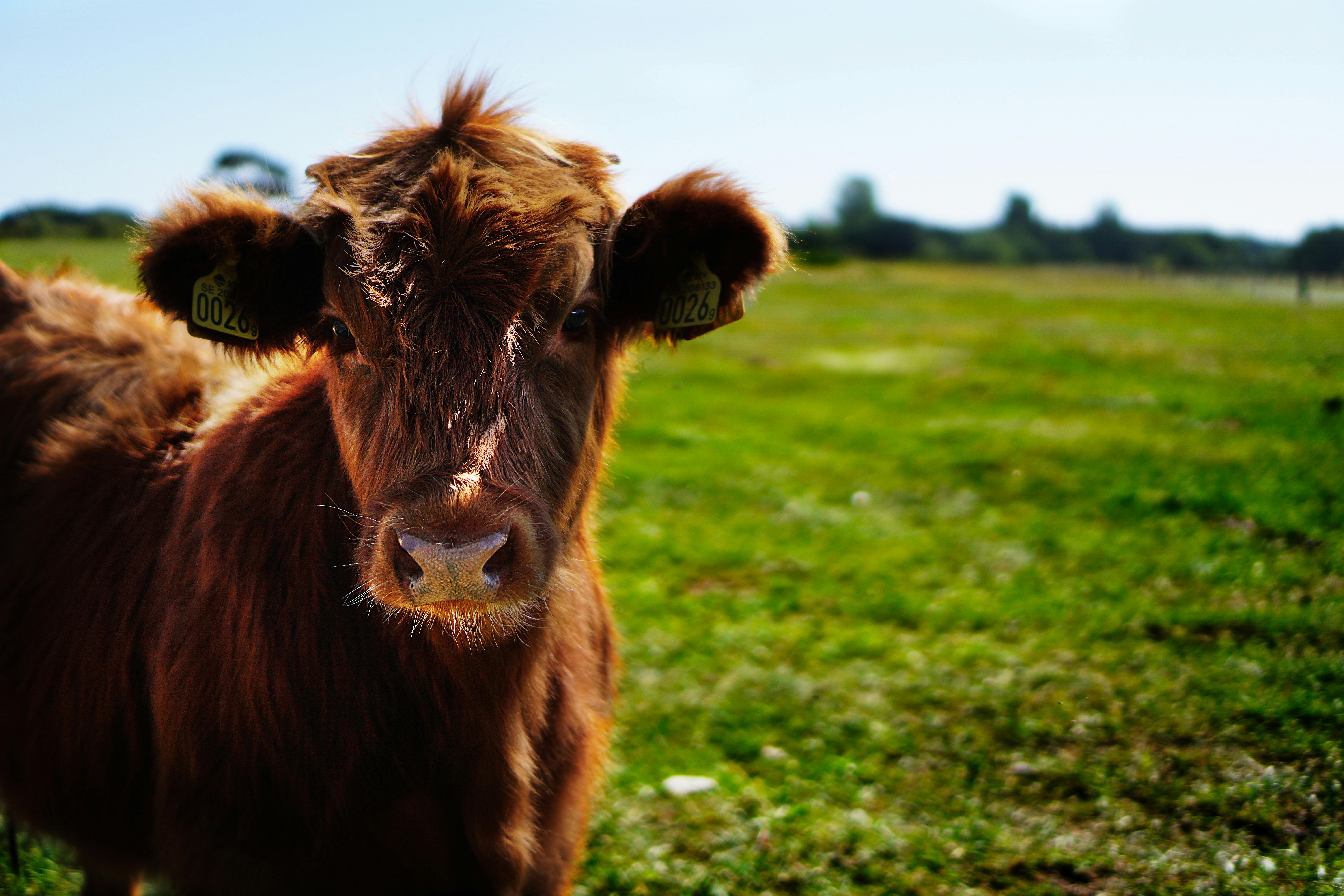AI Chatbots and Australian Agriculture: Cultivating Smarter Farms for the Future
14 Aug 2024
Australia's agricultural sector has long been a cornerstone of our economy, but as we face challenges like climate change and labour shortages, it's clear that innovation is key to maintaining our competitive edge. Enter AI chatbots – the latest technological advancement revolutionising farming practices across the country.
The Rise of Smart Farming
Smart farming, or precision agriculture, uses technology to optimise crop yields and resource management. AI chatbots are playing an increasingly crucial role in this transformation, offering farmers real-time advice, data analysis, and support.
How AI Chatbots are Transforming Australian Agriculture
1. 24/7 Expert Assistance
Farmers can access instant, round-the-clock support on issues ranging from pest control to irrigation management. This is particularly valuable in remote areas where expert advice might otherwise be hard to come by.
2. Weather Forecasting and Risk Management
AI-powered chatbots can analyse weather patterns and provide tailored recommendations to help farmers make informed decisions about planting, harvesting, and protecting crops.
3. Crop Health Monitoring
By integrating with sensors and imaging technology, chatbots can alert farmers to potential issues with crop health, allowing for early intervention and reduced losses.
4. Equipment Maintenance
Chatbots can schedule and guide routine maintenance for farm equipment, helping to prevent breakdowns during critical periods.
5. Market Insights and Price Forecasting
AI assistants can provide up-to-date market information and price predictions, helping farmers make informed decisions about when to sell their produce.
6. Supply Chain Optimisation
Chatbots can help manage inventory, track shipments, and coordinate with suppliers and buyers, streamlining the entire agricultural supply chain.
Case Study: The Smart Sheep Station
Consider the Thompson family's sheep station in outback New South Wales. By implementing an AI chatbot system, they've seen a 15% increase in wool yield and a 20% reduction in water usage. The chatbot helps them monitor flock health, optimise grazing patterns, and even predict market trends for wool prices.
Challenges and Considerations
While the benefits are clear, there are challenges to overcome:
1. Connectivity: Ensuring reliable internet access in remote areas is crucial for the effective implementation of AI chatbot systems.
2. Data Privacy: Farmers need assurance that their valuable data is protected and used ethically.
3. User Adoption: Training and support are essential to help farmers, particularly older generations, embrace this new technology.
4. Integration: Chatbots need to work seamlessly with existing farm management systems and equipment.
The Future of Australian Agriculture
As AI technology continues to advance, we can expect even more sophisticated chatbot applications in agriculture. From autonomous farm equipment coordination to predictive analytics for crop rotation, the possibilities are endless.
By embracing AI chatbots and other smart farming technologies, Australian agriculture can increase productivity, sustainability, and resilience in the face of global challenges.
Conclusion
AI chatbots are not just a futuristic concept – they're already making a significant impact on Australian farms. As we continue to innovate and adapt, these intelligent assistants will play an increasingly vital role in cultivating smarter, more efficient farms for the future.
Ready to explore how AI chatbots can revolutionise your agricultural business? Click here to schedule your free consultation with Nexus Flow Innovations and discover how our cutting-edge solutions can transform your farming practices and boost productivity.
